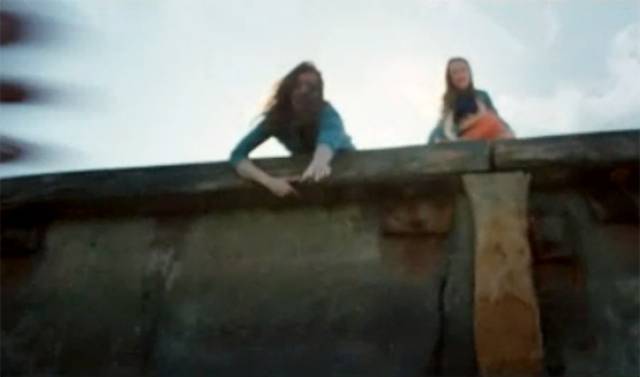The RNLI today launches its annual national drowning prevention campaign, Respect the Water, and this year the charity is warning the public to watch out for key dangers that can catch people out in or near water.
The campaign which will run throughout the summer months comes a week after the RNLI, the Coast Guard and Irish Water Safety issued a joint statement advising caution to those engaged in recreational activities in or near water during hot weather as the number of call outs rose sharply.
Respect the Water aims to highlight the risk of accidental drowning when people are near the coastline by encouraging safer behaviour both in and around the water. The campaign is primarily aimed at males aged between 16 and 39 but the same advice is relevant for anyone visiting the coast.
Coastal fatality figures released by the RNLI show that an average of 23 people die through accidental drowning around the coast of the Republic of Ireland each year.
The RNLI has joined with Irish Water Safety and the School of Psychology at the National University of Ireland, Galway, to develop a drowning fatalities database. The work of the group has found that between 2010 and 2013, 70 lives were lost around the coast of the Republic of Ireland through accidental drowning.
The RNLI is warning of the key dangers that can lead to accidental drowning - cold water, unexpected entry into the water, and rip currents and waves.
The campaign will reinforce the key message ‘Treat water with respect, not everyone can be saved’ on a range of channels throughout the Summer. These include a poster showing dramatic imagery of the hand of a drowning person reaching for a lifebuoy and hard-hitting cinema advertisements showing the unpredictability of the water and the dangers of cold water shock.
Speaking as Respect the Water was launched, Joe Moore, RNLI Community Incident Reduction Manager said: ‘We want everyone to enjoy the water. However, it is powerful and unpredictable and people need to treat it with respect. Each year RNLI lifeboat crews rescue hundreds of people around Ireland but sadly, not everyone can be saved. The real tragedy is that many of these deaths could have been prevented.
‘Cold water is a real killer, People often don’t realise how cold our waters can be – even in summer months the water temperature rarely exceeds 12 degrees, which is cold enough to trigger cold water shock. If you enter the water suddenly at that temperature, you’ll start gasping uncontrollably, which can draw water into your lungs and cause drowning. The coldness also numbs you, leaving you helpless – unable to swim or shout for help.
‘The fact that over half of the people who die around our coast each year never planned to enter the water serves as a warning to us all to stay away from cliff edges, particularly where there is slippery, unstable, unstable or uneven ground; stick to marked paths and keep an eye on the water – watch out for unexpected waves which can catch you out and sweep you into the water.
‘If you’re planning to enter the water be aware that, even if it looks calm on the surface, there can be strong rip currents beneath the surface, which can quickly drag you out to sea. The sea is powerful and can catch out even the strongest and most experienced swimmers.’
The charity is asking people to visit RNLI.org/RespectTheWater where they will find information on coastal hazards, how to keep themselves safe, and what to do should they someone else end up in trouble in the water. On social media search #RepectTheWater.































































